What is Whitening Toothpaste?
Whitening toothpaste is a type of oral hygiene product designed to lighten the color of your teeth. Unlike regular toothpaste, which primarily focuses on cleaning and preventing cavities, whitening toothpaste contains specific ingredients that work to remove surface stains and, in some cases, provide a bleaching effect. These toothpastes are popular for their ability to enhance the appearance of your smile, making them a common choice for individuals looking to improve their dental aesthetics. The effectiveness of whitening toothpaste varies depending on the ingredients and the type of stains present.
How Whitening Toothpaste Works
Whitening toothpaste utilizes various mechanisms to achieve a brighter smile. Most commonly, they contain mild abrasives that gently scrub away surface stains caused by food, drinks (like coffee, tea, and red wine), and tobacco. These abrasives, such as hydrated silica or calcium carbonate, physically remove the discolored particles from the enamel. In addition to abrasives, some whitening toothpastes include chemical agents, such as hydrogen peroxide or carbamide peroxide, which act as bleaching agents. These agents penetrate the enamel and oxidize the stain molecules, breaking them down and making the teeth appear lighter. The effectiveness of these methods depends on the concentration of the active ingredients and the duration of use.
Potential Risks of Whitening Toothpaste
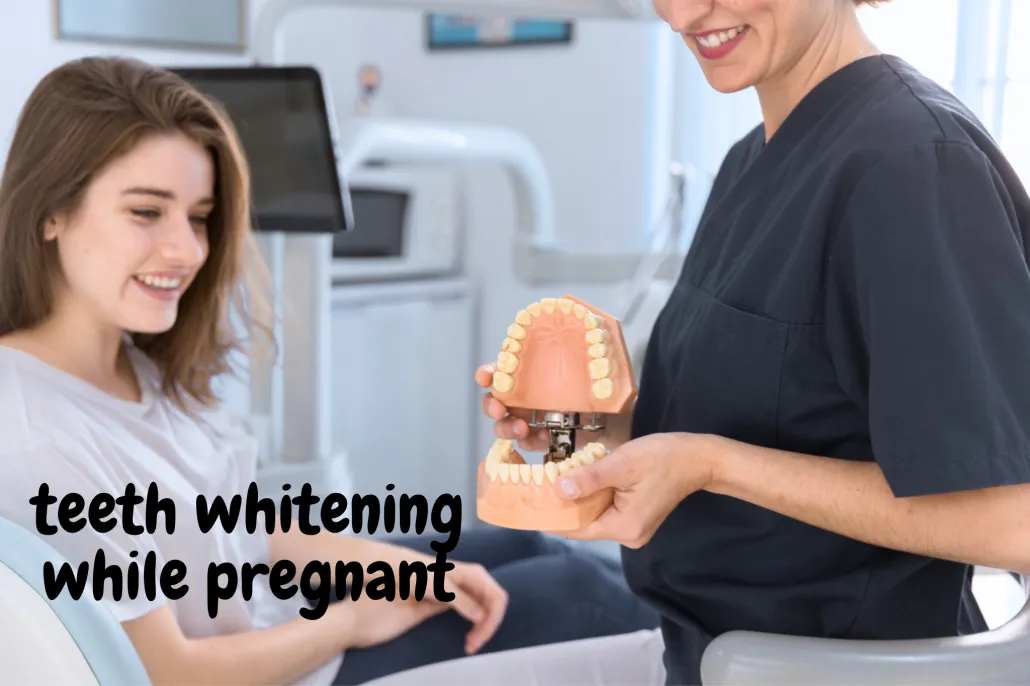
While generally considered safe for the general population, whitening toothpaste can pose certain risks. The abrasive nature of some whitening toothpastes can lead to enamel erosion over time, increasing tooth sensitivity and the risk of cavities. Furthermore, some individuals may experience gum irritation or inflammation due to the ingredients. The bleaching agents, while effective, can also cause temporary sensitivity. Pregnant women should be particularly cautious due to increased sensitivity and potential impacts on fetal development. It’s essential to consider these potential risks and consult with a dentist before incorporating whitening toothpaste into your oral hygiene routine, especially if you have any existing dental issues.
Ingredients to Watch Out For
When choosing a whitening toothpaste, it’s important to pay attention to the ingredients. Certain components can be more problematic, especially during pregnancy. Always check the product label for ingredients such as hydrogen peroxide and carbamide peroxide, which are common bleaching agents. Additionally, be mindful of abrasive ingredients like hydrated silica, calcium carbonate, and dicalcium phosphate, which can wear down enamel. Avoid toothpastes with high concentrations of these ingredients or those containing artificial colors and flavors that could potentially trigger sensitivities. Consulting with your dentist can provide personalized recommendations based on your specific needs and health status.
Hydrogen Peroxide
Hydrogen peroxide is a powerful bleaching agent often found in whitening toothpastes. It works by releasing oxygen, which penetrates the enamel and breaks down stain molecules. While effective, hydrogen peroxide can cause tooth sensitivity and, in high concentrations, can irritate gum tissues. Pregnant women should be especially cautious, as the effects of even small amounts of hydrogen peroxide on fetal development haven’t been fully established. The potential for increased sensitivity during pregnancy makes the use of hydrogen peroxide toothpaste a topic of concern, warranting discussion with a healthcare professional.
Carbamide Peroxide
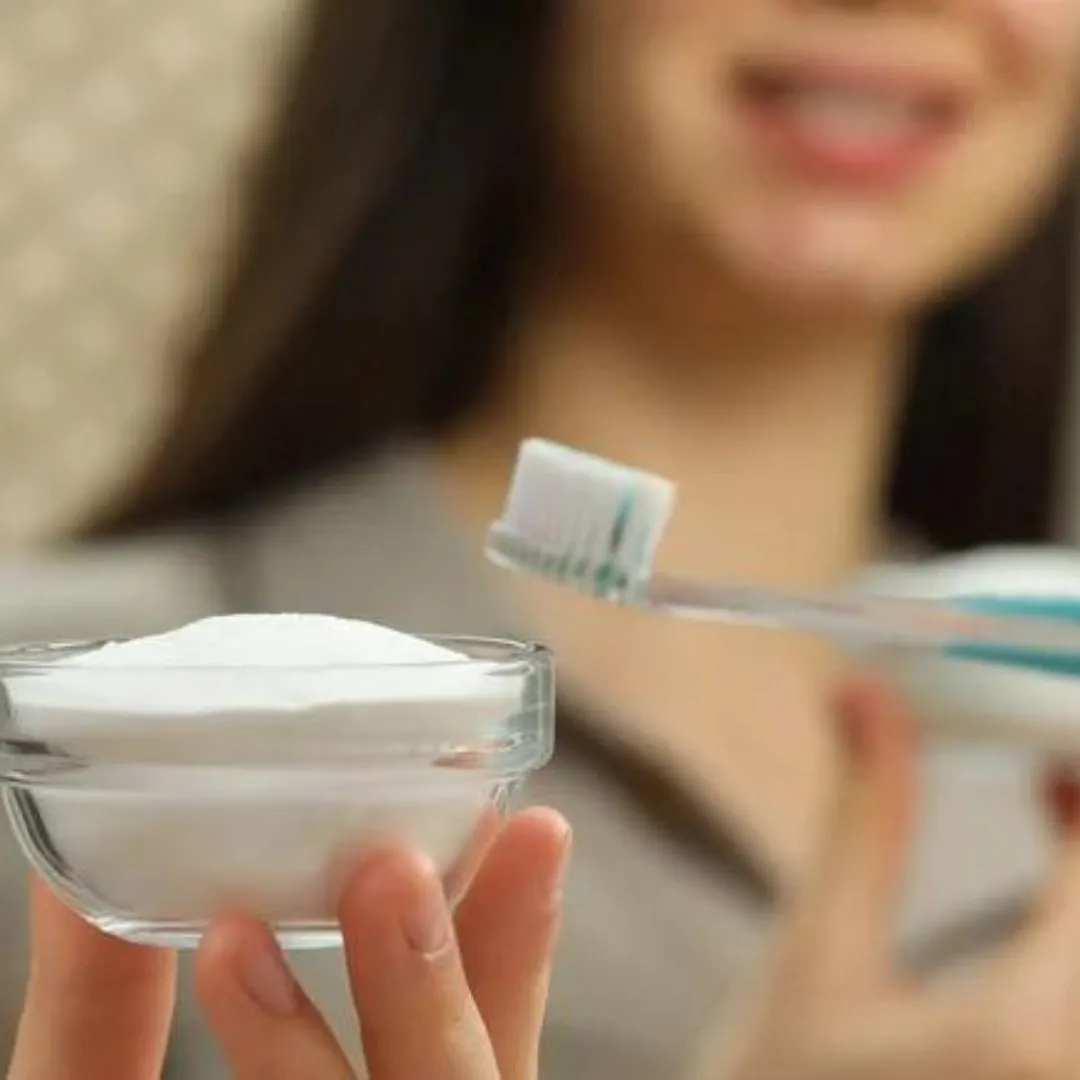
Carbamide peroxide is another bleaching agent used in whitening toothpastes. It breaks down into hydrogen peroxide and urea, providing a whitening effect. Like hydrogen peroxide, carbamide peroxide can lead to tooth sensitivity and gum irritation. Its use during pregnancy is also a concern due to the lack of comprehensive research on its safety for both the mother and the developing fetus. Dentists typically advise pregnant women to avoid or limit the use of toothpastes containing carbamide peroxide until more conclusive safety data becomes available.
Other Ingredients
Beyond bleaching agents, other ingredients in whitening toothpastes can affect their safety during pregnancy. Abrasives, which help remove surface stains, can potentially damage enamel if used aggressively or in high concentrations. Artificial colors and flavors might increase the risk of allergic reactions or sensitivities, which can be uncomfortable for pregnant women. Always review the ingredient list and, if you have any concerns, consult with your dentist or healthcare provider. They can guide you in selecting a toothpaste that is both effective and safe during your pregnancy.
How Whitening Toothpaste Can Affect Pregnant Women
Pregnancy brings significant hormonal changes, which can make a woman’s teeth and gums more sensitive. This heightened sensitivity means that the abrasive nature or bleaching agents in whitening toothpastes can cause increased discomfort, potentially leading to tooth sensitivity and gum irritation. Hormonal fluctuations also increase the risk of gingivitis, which could be exacerbated by the use of certain whitening products. Furthermore, the potential for ingredients to be absorbed into the bloodstream raises concerns about the safety of both the mother and the developing fetus. Pregnant women should approach whitening toothpaste with caution, prioritizing products with gentle formulations and consulting their dentist for personalized advice.
Impact on Fetal Development
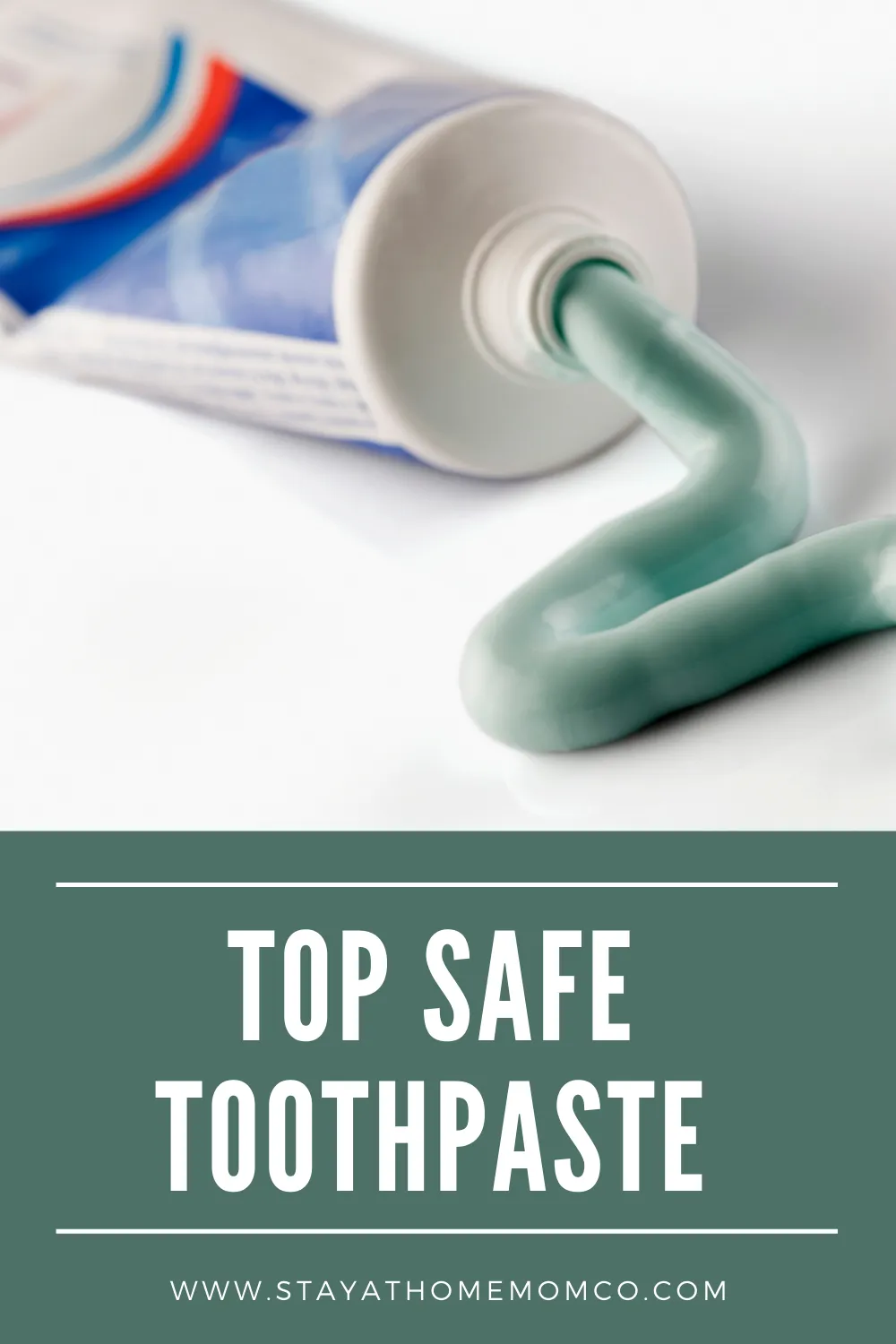
The potential impact of whitening toothpaste on fetal development is a significant concern. While many whitening toothpaste ingredients are considered safe in small amounts, the lack of extensive research on their effects during pregnancy necessitates a cautious approach. Some chemicals could theoretically cross the placenta and affect the developing fetus. Although direct links haven’t been firmly established for many whitening toothpaste ingredients, it is essential to take precautions. Dentists and healthcare professionals generally recommend pregnant women to choose safer alternatives, prioritizing the health of both the mother and the child. Always consult with your doctor before using any new oral hygiene products while pregnant.
Sensitivity and Discomfort
Increased tooth sensitivity and gum discomfort are common side effects of using whitening toothpaste, especially during pregnancy. Hormonal changes can make gums more prone to inflammation and irritation. Whitening agents and abrasive particles can exacerbate these issues, leading to pain and discomfort. If you experience sensitivity, consider switching to a toothpaste designed for sensitive teeth or limiting the frequency of whitening toothpaste use. Rinse your mouth thoroughly after brushing to reduce the contact time of the whitening agents. Always consult your dentist if the sensitivity persists or worsens. They can offer personalized recommendations to manage your oral health during pregnancy.
Alternatives to Whitening Toothpaste During Pregnancy
If you’re pregnant and concerned about the potential risks of whitening toothpaste, several safer alternatives can help maintain a bright smile. Regular brushing with a fluoride toothpaste is crucial for removing surface stains and preventing cavities. Focus on good oral hygiene practices, including brushing twice a day for two minutes and flossing daily. Consider using a toothpaste specifically formulated for sensitive teeth, as these typically contain gentler abrasives. Additionally, you can discuss with your dentist about professional teeth cleaning, which can remove surface stains and improve the appearance of your teeth. Prioritizing these alternatives ensures that you maintain oral health while minimizing potential risks during pregnancy.
Professional Teeth Whitening Options
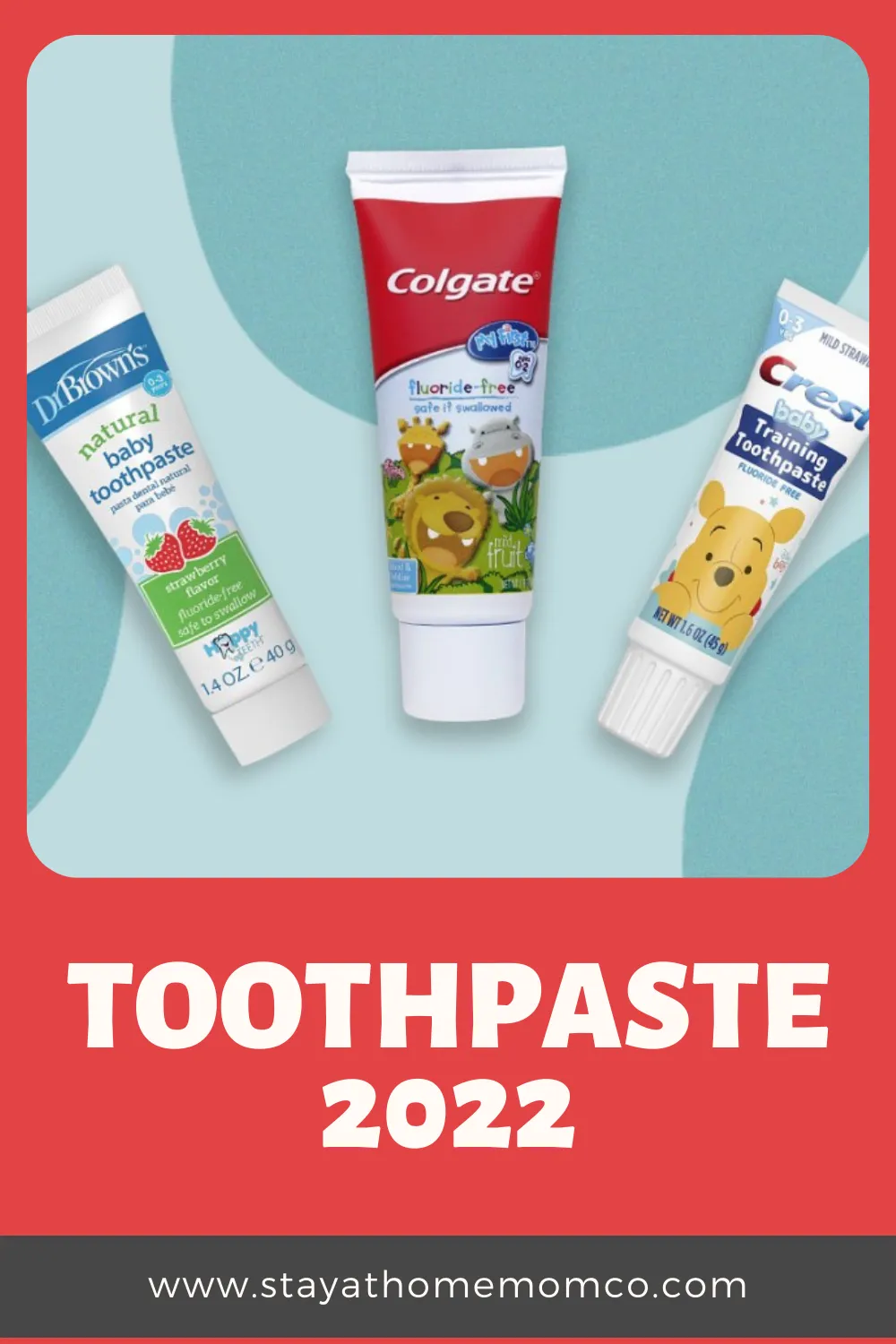
Professional teeth whitening provides a safe and effective alternative to over-the-counter whitening products. Your dentist can perform in-office whitening treatments using stronger bleaching agents, which is carefully monitored to minimize sensitivity and potential risks. Another option includes custom-fitted whitening trays that are provided by your dentist. These trays are designed to fit your teeth perfectly, ensuring that the whitening gel is applied evenly and reduces contact with gums. While these options are generally safe, always discuss any dental treatments with your doctor, and inform your dentist about your pregnancy. They will assess your specific needs and health status, ensuring the procedure is safe for both you and the baby.
Safe Oral Hygiene Practices During Pregnancy
Maintaining excellent oral hygiene is crucial during pregnancy. This includes brushing your teeth at least twice a day with a soft-bristled toothbrush and fluoride toothpaste. Flossing daily removes plaque and food particles from between your teeth and under your gum line. Consider using an antibacterial mouthwash to reduce bacteria and prevent gingivitis. Stay hydrated by drinking plenty of water to help rinse away food debris and keep your mouth moist. Regular dental check-ups are essential, allowing your dentist to detect and address any issues early. These practices will protect your oral health and also minimize the risks associated with dental problems during pregnancy. Remember, your oral health directly impacts your overall well-being and the health of your baby.
Consulting Your Dentist
Before making any changes to your oral hygiene routine during pregnancy, consult with your dentist. They can assess your current oral health, discuss your concerns, and offer personalized recommendations. Your dentist can advise you on safe and effective whitening options, or suggest alternatives based on your specific needs. They can also provide valuable advice on managing any sensitivity or discomfort you may experience. Remember, your dentist is a trusted source of information and can help you make informed decisions to maintain a healthy smile throughout your pregnancy. Never hesitate to ask questions and seek professional guidance.
Benefits of a Healthy Smile
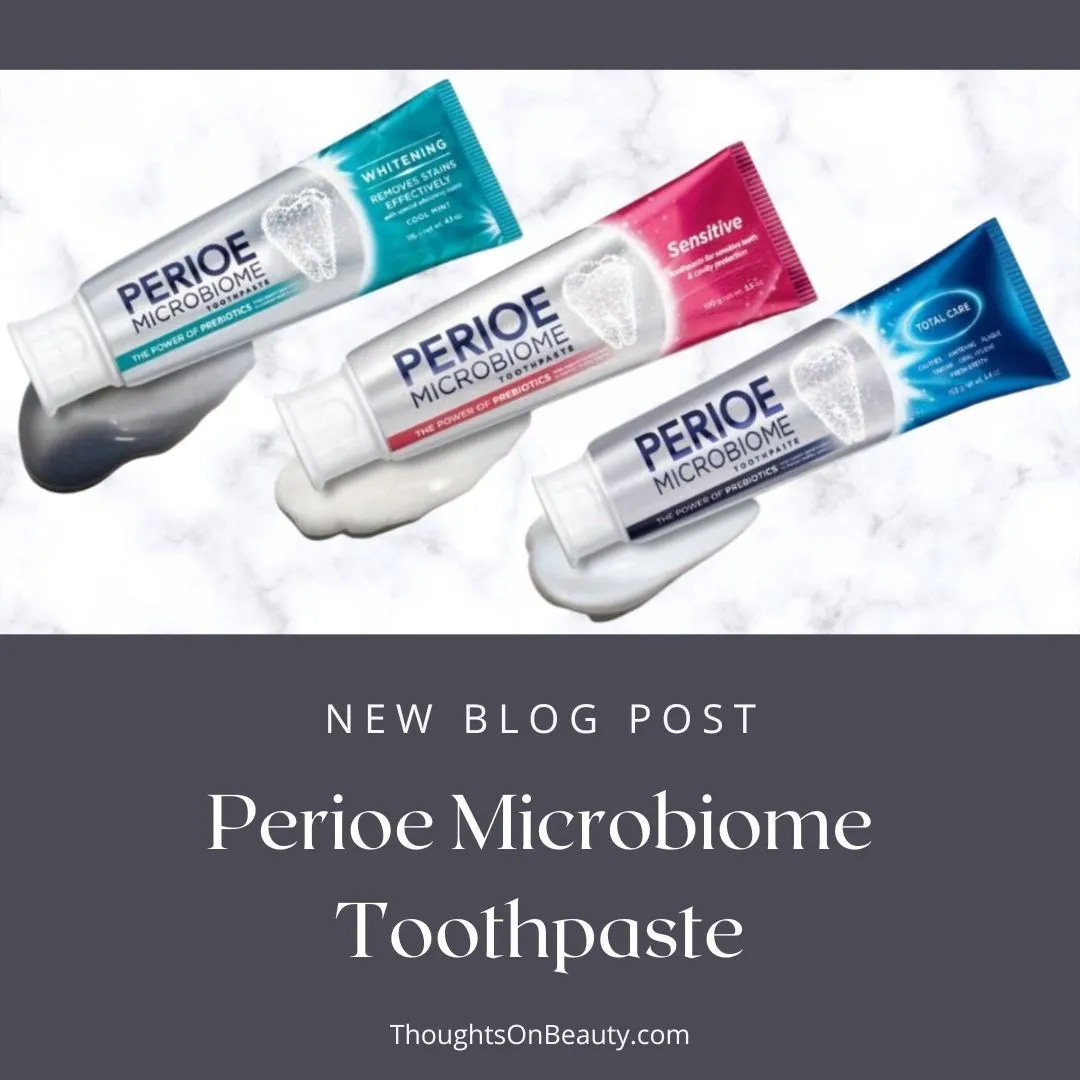
Maintaining a healthy smile during pregnancy provides many benefits. Good oral health reduces the risk of gum disease and other oral health issues, which can be linked to complications during pregnancy. A healthy smile boosts your confidence and overall well-being, which is important during this time. Moreover, it enables you to eat comfortably and maintain a nutritious diet. By prioritizing your oral health, you are also setting a good example for your child. Regular dental care also enables early detection of any dental problems, ensuring timely treatment. A healthy smile is a vital component of a healthy pregnancy, contributing to the well-being of both the mother and the baby.
Conclusion: Whitening Toothpaste and Pregnancy
Navigating the use of whitening toothpaste during pregnancy requires careful consideration. While it can improve the appearance of your teeth, potential risks associated with the ingredients and increased sensitivity make it essential to approach with caution. Prioritizing safe alternatives, such as regular brushing, flossing, and professional teeth cleaning, is vital to maintain your oral health. Always consult your dentist before making changes to your oral hygiene routine, seeking their expert advice tailored to your needs. By making informed decisions, you can ensure a healthy smile while prioritizing the well-being of both yourself and your baby.
Key Takeaways
- Whitening toothpaste contains abrasives and bleaching agents to remove stains.
- Ingredients like hydrogen peroxide and carbamide peroxide can cause sensitivity.
- Pregnancy increases sensitivity and potential risks to the developing fetus.
- Alternatives include regular brushing, flossing, and professional cleaning.
- Consult your dentist for personalized advice and safe options.
